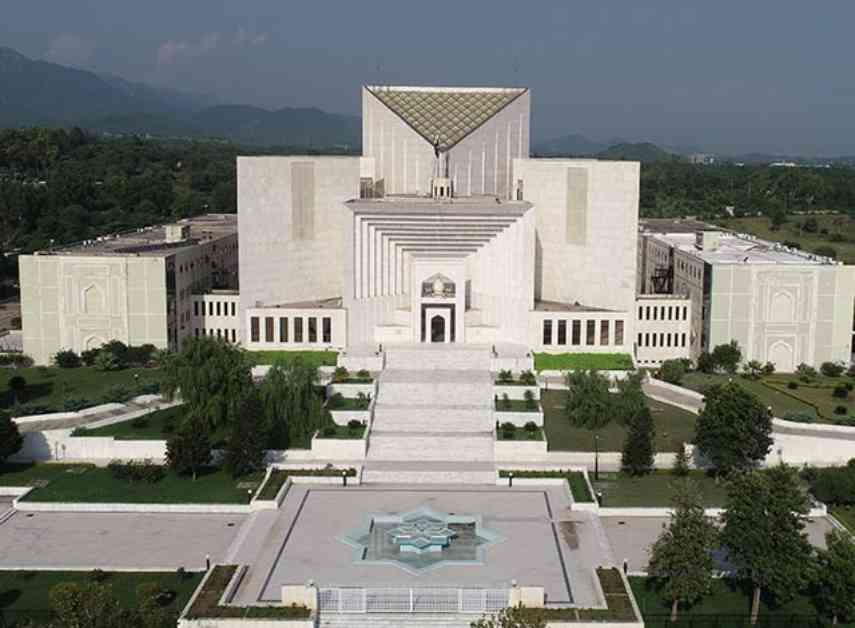Army Act Offences Unveiled: Legal Clarity in Military Trials
In a recent court hearing at the Supreme Court of Pakistan, Justice Jamal Khan Mandokhail shed light on the various offences listed under the Army Act, emphasizing that these violations are applicable solely to military officers. The discussions revolved around the procedural intricacies of military trials, sparking a debate on the jurisdiction and scope of such legal proceedings.
Insights from the Courtroom: Key Takeaways
During the session presided over by a seven-member constitutional bench led by Justice Aminuddin Khan, Khawaja Haris, representing the Ministry of Defence, outlined arguments challenging the trial of civilians in military courts. Justice Aminuddin Khan urged for a clear and concise explanation of the cases transferred to military courts and the rationale behind such decisions. The need for procedural clarity and a definitive understanding of who holds the authority to conduct these trials took precedence in the courtroom discussions.
Legal Interpretations and Constitutional Concerns
Justice Musarrat Hilali highlighted the constitutional provisions recognizing various tribunals and stressed the significance of examining the jurisdiction, location, and procedural intricacies involved in trying cases. The crux of the matter lay in determining the appropriate forum for conducting trials, especially when civilians are involved in military-related offences. Questions arose regarding the classification of civilians’ trials in military courts as court-martials, prompting a deeper exploration of the legal framework governing such proceedings.
Clarity Amidst Complexity: Navigating Legal Ambiguities
Khawaja Haris reiterated that the Supreme Court had previously invalidated a specific section of the Army Act, underscoring the evolving nature of legal interpretations within the military justice system. Justice Mandokhail and his fellow justices delved into the nuances of the Army Act, probing the implications of suspending the Constitution and the corresponding penalties for breaches of the oath. The intersection of constitutional mandates and military regulations brought to light a complex web of legalities that necessitated a thorough examination.
As legal experts and judicial authorities grappled with the intricate details of military trials, the overarching theme centered on upholding the principles of justice, accountability, and procedural fairness within the military justice system. The courtroom drama unfolded against a backdrop of legal complexities, constitutional dilemmas, and the quest for legal clarity in the realm of military law.
This humanizing touch adds depth and relatability to the narrative, drawing readers into the multifaceted world of military trials and legal intricacies. By weaving personal stories, emotional insights, and expert perspectives into the fabric of the article, readers can connect with the broader themes of justice, accountability, and legal interpretation that underpin the discussions surrounding Army Act offences and military trials.









